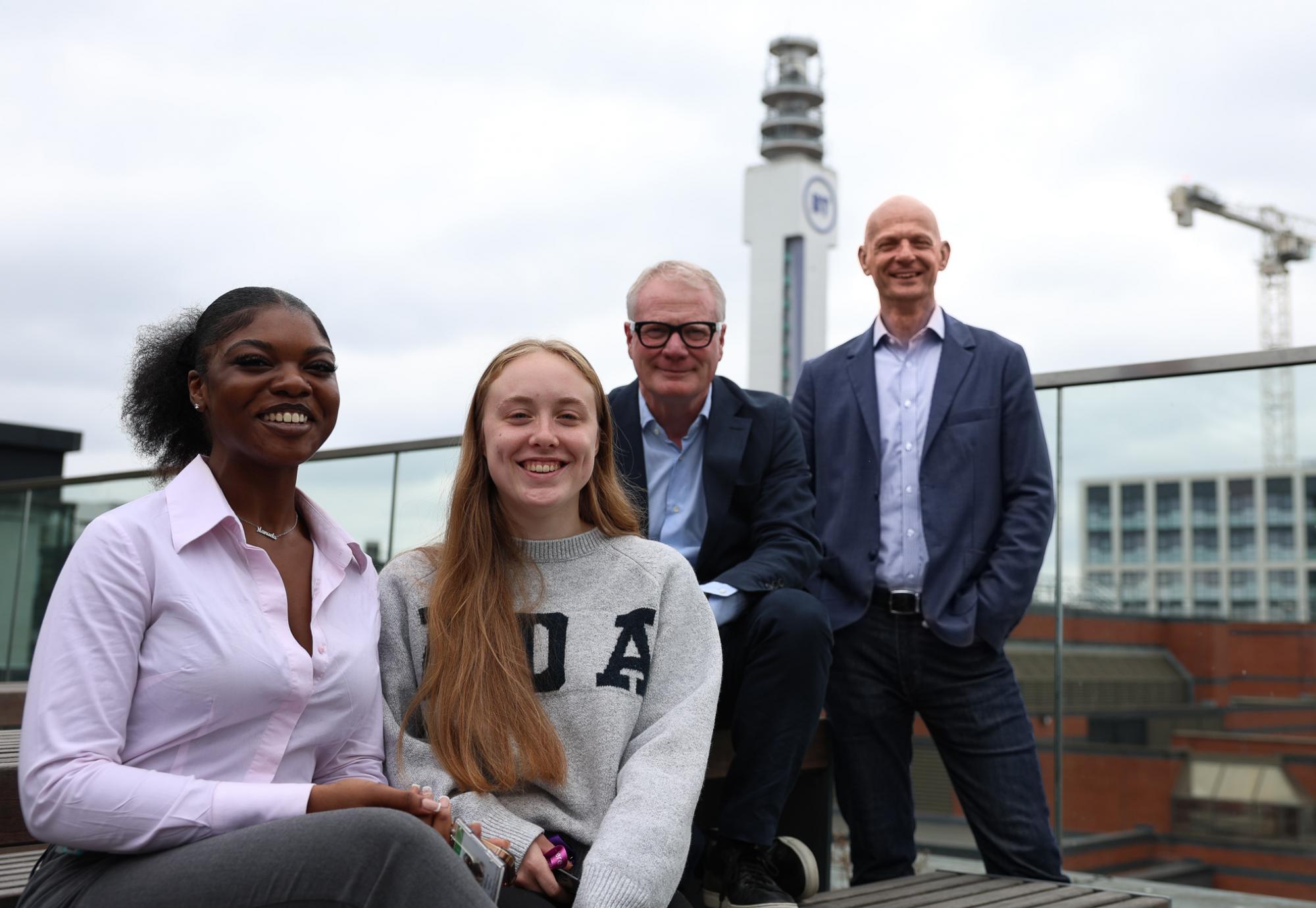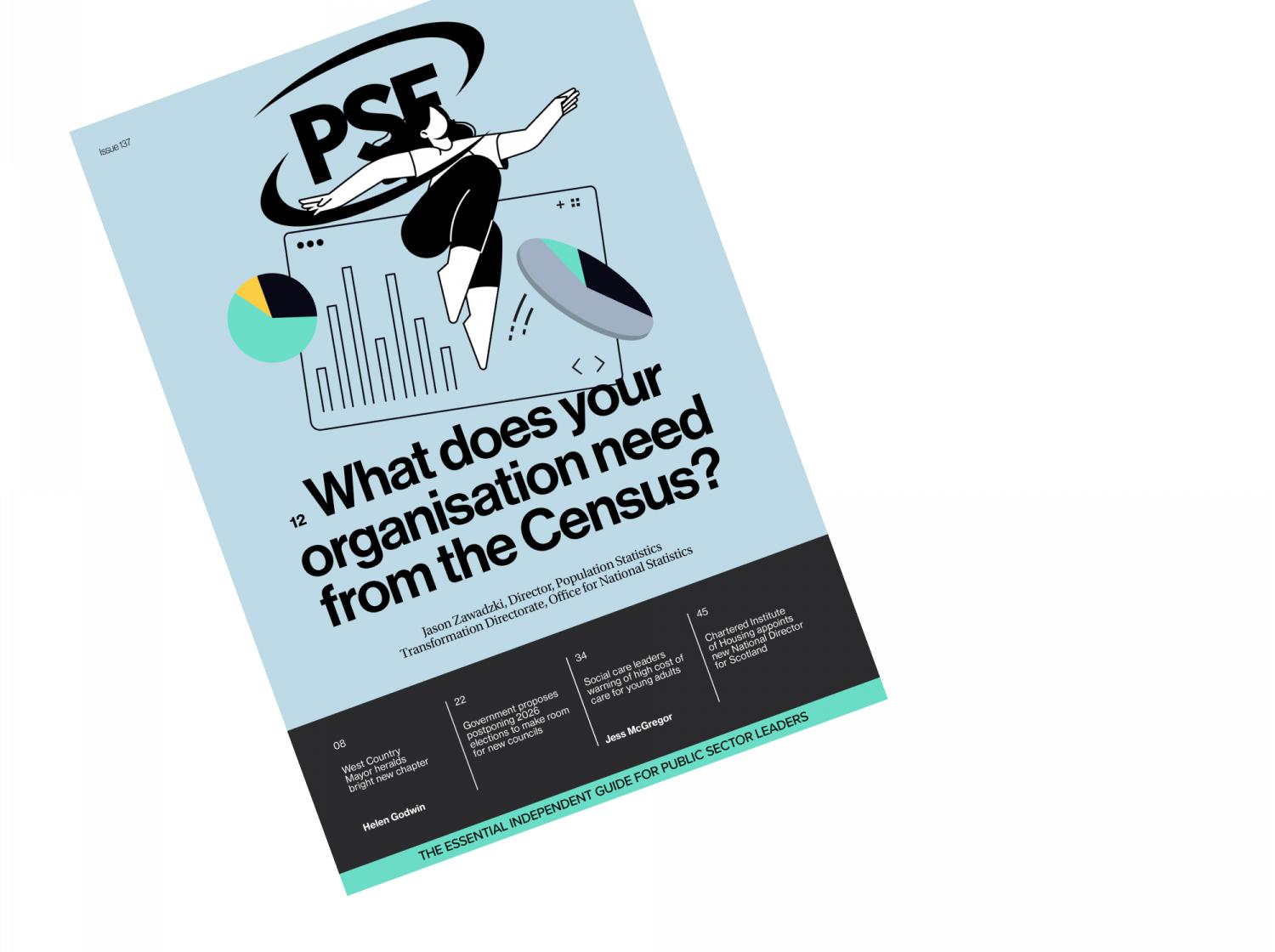Mayor Richard Parker is backing the region’s business and financial services sector to create thousands more well-paid jobs for local people under his plans to reignite the West Midlands economy.
The region already has the UK’s biggest business, professional, and financial services (BPFS) sector outside London, boasting 48,000 firms employing more than 342,000 people.
Of those, around 178,000 are jobs in high-value services like banking, legal, accountancy, insurance, and fintech. The mayor’s recently launched Growth Plan puts a particular focus on helping to create even more such jobs.
People working in the region’s financial services sector command an average salary of £79,466 according to recruitment company Reed.co.uk, but even across the wider BPFS sector, average salaries are around £45,000 – 21% above the UK average wage of £37,430
The Mayor said: “Our booming business, professional and finance sector is a real West Midlands success story – but we can never be complacent and must be at the forefront of the new technologies sweeping the industry.
“My Growth Plan sets out how we will future-proof and continue to grow this sector so we can create thousands more well-paid jobs that people can build their futures around.
“Our region has proved an attractive alternative to London for many global players. We now need to build on that by continuing to create the right conditions.”
“That means attractive and affordable places to live, a workforce bristling with the skills these companies need, and fast, effective transport connections – all of which are set out in the Growth Plan.”
The sector has seen an impressive 30% growth over the last five years, with big global names like Goldman Sachs, HSBC and Deutsche Bank setting up large-scale operations. Birmingham city centre is also home to the so-called Big Four - PwC, Deloitte, KPMG and EY.
As a result, BPFS now generates nearly a quarter of the region’s total economic output and employs 13% of the workforce.
Another key player is global professional services firm Accenture, which specialises in information technology and management consulting. It has recently opened 9,000sq ft offices at Cornerblock in Birmingham city centre.
The Mayor visited the offices in Cornwall Street, where he outlined his Growth Plan and how it provides a blueprint to reboot the regional economy, raise living standards, and put an extra £8,600 back into the pockets of working people.
During the visit he met with Accenture apprentices Manuela Ikpasa and Maddie Sanderson.
Manuela, 19, said: “I’m really enjoying having a role on a team where I feel just as valued as the other, more experienced staff. I think a lot of people have the assumption that apprentices are overlooked, but that is not the case, and feeling valued makes work fun and rewarding.”
Maddie added: “The most enjoyable part of the apprenticeship at Accenture is being able to choose the direction of your learning and career whilst making an impact on real industry projects.”
The future of BPFS – Next Generation Services is one of five high-growth sectors identified in the Plan as having a leading edge and significant potential for the creation of skilled, high-paid jobs.
It points to technology-led innovation as being central to the future success of the cluster and sets out ways to unlock growth through increased investment in R&D and close collaboration between the region’s universities and businesses.
It also highlights the need for firms to adopt digital technologies and a focus on next generation skills, especially digital, so the region’s BPFS sector can be a major catalyst for the rejuvenation of the entire regional economy.
The sector is also being driven by the Government’s backing of the West Midlands as a fintech hub and plans set out in the UK’s Modern Industrial Strategy to make the region a business and professional services hub.
Image credit: West Midlands Combined Authority



















